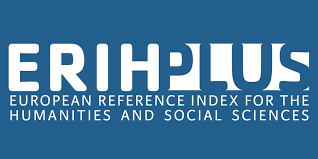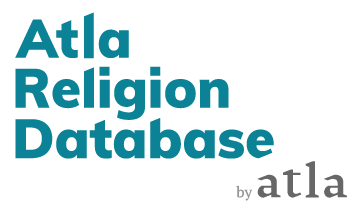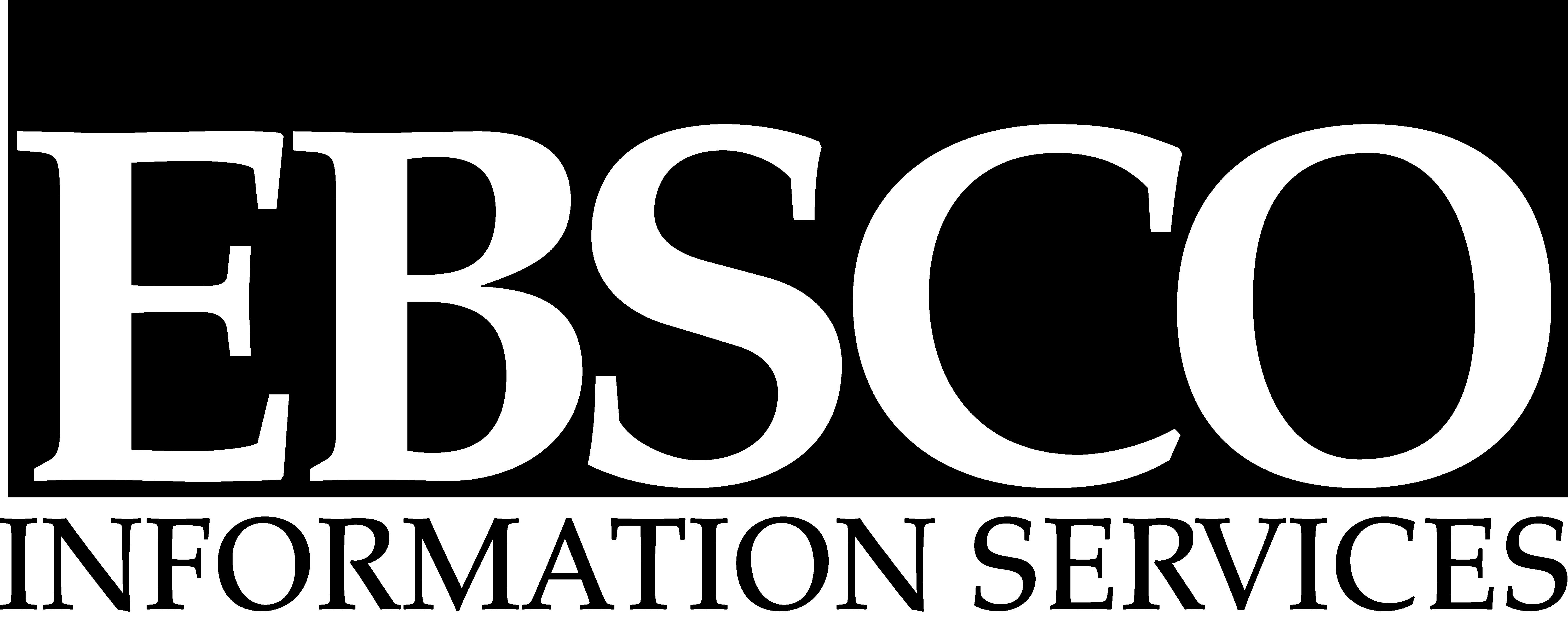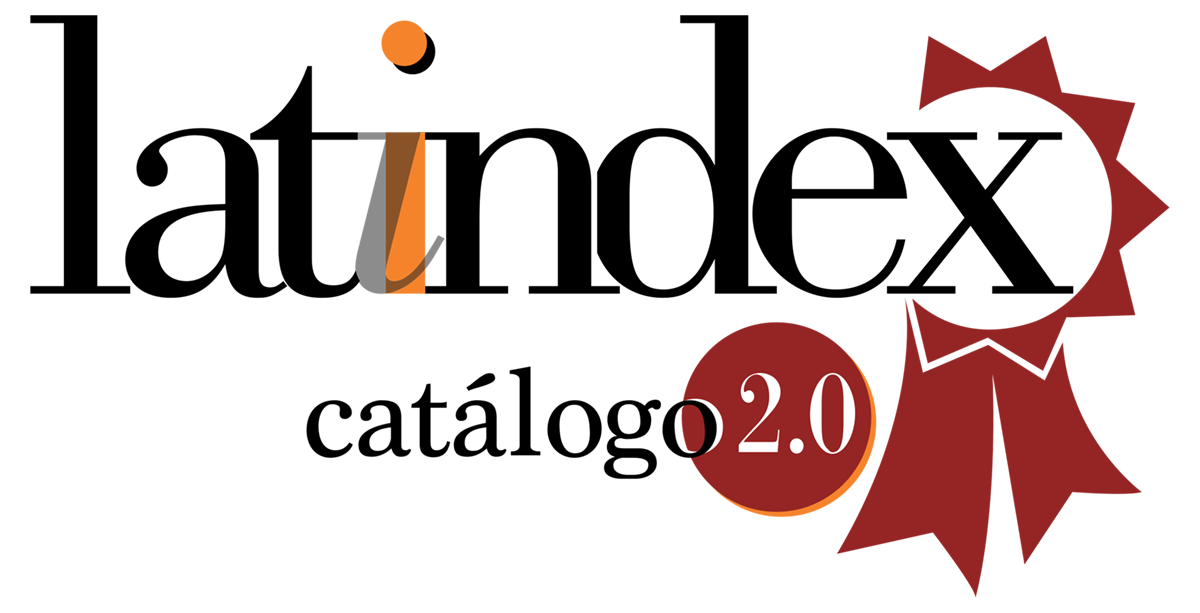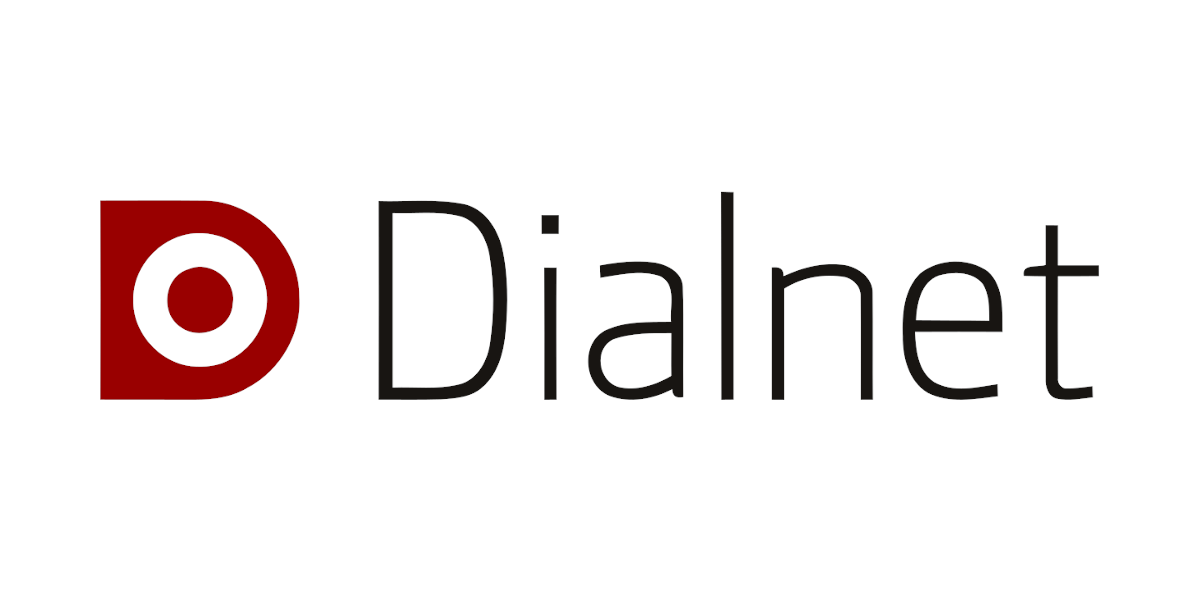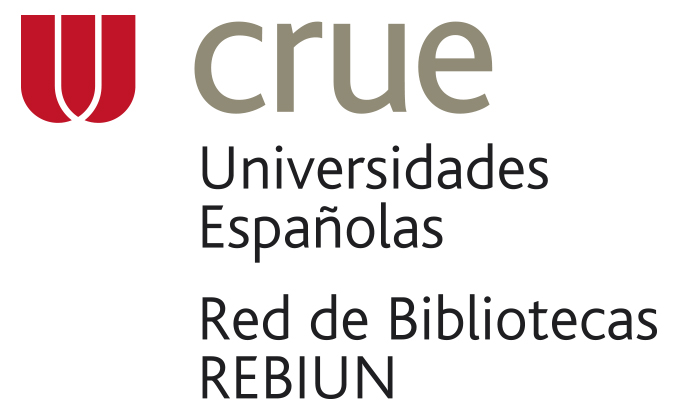Ethical policy
This present regulation aims to provide guidance to all the people that are involved in the editorial and research process of a periodic and academic publication such as the journals of the Faculty of Theological Studies and Philosophy.
With the aim of complying with the highest standards of scientific rigor and contributing to the common good, Anales de Teología regulates each stage of the publication process to align with the Principles and Identity of the UCSC, as well as international norms such as those of the Committee on Publication Ethics (COPE).
Author Obligations :
- The authors commit to using truthful data in their articles without distorting the sources that support their research or altering the conclusions of their investigations in their favor.
-The submitted text must be completely original and unpublished. Submitting plagiarized texts, even if they belong to the same author, known as self-plagiarism, is considered a serious breach of academic ethics. In addition, direct quotations and paraphrasing were clearly indicated. Copying all or part of a presented text as one's own without referencing the original source is considered plagiarism. Anales de Teología uses the original platform to detect instances of plagiarism or passages in documents that do not provide their source.
-The authors commit to making themselves available to correct their articles in terms of time, content, and form, according to the instructions of the reviewers, the Director, and the Editor of Anales de Teología. If the author disregards the recommendations, the journal reserves the right to not publish the article.
- If the author submits their article to Anales de Teología, they cannot simultaneously submit the same work to another academic journal or any other type of publication. Anales de Teología deems in good faith that the works submitted to it have exclusively and only been submitted to this journal, and therefore may proceed to request external peer review and initiate all editorial work. Sending the same document in two or more journals is considered a breach of the editorial integrity of Anales de Teología.
- Each article must list as authors only academics or researchers who have contributed to the study. Adding a person who has not had a real participated in the research work as an author will be considered a serious violation of intellectual honesty and integrity of academic work.
-The sources of funding that have contributed to the success of the research and publication of this article must be mentioned in recognition of the deserved acknowledgment for supporting the author's work. Any other conflict of interest that exists with the publication of the article must also be declared.
- The contents of this journal are licensed under the terms of Creative Commons Attribution-NonCommercial 4.0 International, which allows for sharing and adaptation of the works with acknowledgment of the original authorship and non-commercial purposes. As a result, the general public may use the documents published in the journal, recognizing the rights of the respective author, citing their publication with an indication of the original source (name of the journal and its edition). The authors are free to reuse their work by respecting the same licensing terms.
- By submitting their work and upon publication, the authors authorize their articles to be included in various databases and dissemination platforms affiliated with Anales de Teología.
Obligations of the Director and Editor of the Journal
- The Director and Editor of the Journal must respect the research diversity and philosophical perspectives of the articles submitted for evaluation unless they explicitly contravene the guiding principles of the Identity Seal of the Universidad Catolica de la Santisima Concepcion.
- The Director and Editor of Anales de Teología must ensure that submitted articles are reviewed through an objective and fair peer review process. They must be vigilant about any conflicts of interest or evidence of non-scientific bias that may hinder the integrity of this process. Likewise, they must ensure the anonymity of both authors and reviewers during the peer review process.
- The Director and Editor must find competent reviewers for each article submitted to the journal based on criteria such as academic background, expertise, experience, and objectivity.
- The Director and Editor will send the articles for review through a double-blind peer review system. This means that reviewers will not know the identities of the authors and vice versa. An article will be sent to two referees, and when there is unanimity, it will be published. If, on the other hand, one reviewer gives a positive evaluation and the other does not, the article in question will be sent to a third referee.
- Once the evaluations of the articles are received, the Director and Editor will send them entirely to the authors, clearly explaining the modifications that need to be made for publication or the reasons for rejection. In this process, they must ensure that the authors receive their evaluations correctly in a timely manner and according to the agreed-upon format of the journal.
Obligations of the Editorial Committee members:
- Editorial Committee members shall report to the Director and Editor any violations they detect in the publication of any issue related to the ethical guidelines of the journal or other relevant matters they deem necessary.
- Editorial Committee members serve as advisors to the Director and Editor with the aim of continuously improving the disciplinary, editorial, and dissemination aspects of the journal.
Duties of Reviewers
- Reviewers must inform the Editor and Director of the journal in case their role as article referees may be affected by any conflict of interest.
- Reviewers must review articles within the timelines and formats requested by the journal. In case of any difficulty in meeting deadlines, timely notification should be given to the Editor and Director.
- Reviewers must notify the journal if they detect that any articles assigned for review are outside the scope of their expertise.
- Reviewers must review the articles submitted for their evaluation with utmost objectivity and impartiality. In the case of requesting revisions or rejecting the work, clear arguments and justifications for the decision must be provided.
-Reviewers must alert the journal of any indication that the work they are evaluating may be plagiarized or contain incorrect or falsified data.
Corrections and Complaints After Publication
- If the Editor of the Journal decides to modify the article after it has been published, the author must be notified in advance. Furthermore, they must provide reasons for the modification.
- If the author disagrees with the modification, they may appeal to the Director of the Journal, stating their reasons.
- If the author believes that the editorial team has not strictly adhered to ethical and scientific requirements, they may write to the Dean of the Faculty of Theological Studies and Philosophy of the UCSC, providing their arguments. The authorities must respond to and provide a solution within 15 days. Contact information for the Dean can be found on the faculty’s website.
- If after the publication, it is discovered that the article is not an original text or that it is a plagiarized text, the Editorial Team must remove the article from the journal’s website. In addition, the authors will not be allowed to publish again in Anales de Teología. Reasons and evidence must be sent to the author via email.
- The author may appeal to the Dean of the Faculty of Theological Studies and Philosophy only once, who must respond within a maximum of 15 days to definitively resolve the situation.
- It is the obligation of the Editorial Team to follow this procedure for each discovery of a situation that violates their code of ethics. They must proceed in the same manner if unethical conduct is discovered and reported by a third party unrelated to the journal.
Marketing and dissemination guidelines
- The marketing strategies for Anales de Teología are based on fundamental principles that guide all promotional and dissemination activities of the journal. These principles include truthfulness and accuracy of the information provided, avoiding distortion or exaggeration of the contents of the journal in any marketing activity. The strategies will be initiated by the editorial team of tAnales de Teología and carried out by the person in charge of communication at the Faculty of Theological Studies and Philosophy of the Universidad Católica de la Santísima Concepción, Editorial UCSC, and the Direction of Research of the same institution.
- Respect for intellectual property will be promoted in all marketing and dissemination strategies, ensuring that only original content published on the platform is used and properly referenced in all communication. Plagiarism will be avoided, and confidentiality and protection of the authors’ private data will be guaranteed in compliance with current privacy and data protection regulations.
- All promotions of Anales de Teología will be clear and transparent, avoiding any form of deception or manipulation of the information provided to users. Honesty will be promoted in all marketing and dissemination activities using the official platforms of the Faculty of Theological Studies and Philosophy of the Universidad Católica de la Santísima Concepción.
- The journal will comply with all applicable rules, regulations, and ethical codes related to the promotion of academic journals, ensuring ethical and legal behavior in all marketing and dissemination activities. Respect for competition will be maintained and collaboration with other academic journals and related entities will be promoted, avoiding unfair or unethical practices that may harm other publications or institutions.
- Constant measurement and analysis of the results of marketing and dissemination strategies will be carried out through the collection of PlumX data to evaluate their effectiveness and make necessary adjustments to improve the efficiency and effectiveness of promotional actions. Communication with the authors, reviewers, editors, and readers of Anales de Teología will be transparent, providing clear, truthful, and up-to-date information about the implemented marketing and dissemination strategies.
- The marketing and dissemination policy will be subject to updating and continuous improvement, adapting to the needs and changes of the environment, and ensuring the maintenance of high ethical standards in all journal promotion activities committed to the dissemination of writings sent by authors and activities related to academic endeavors.
